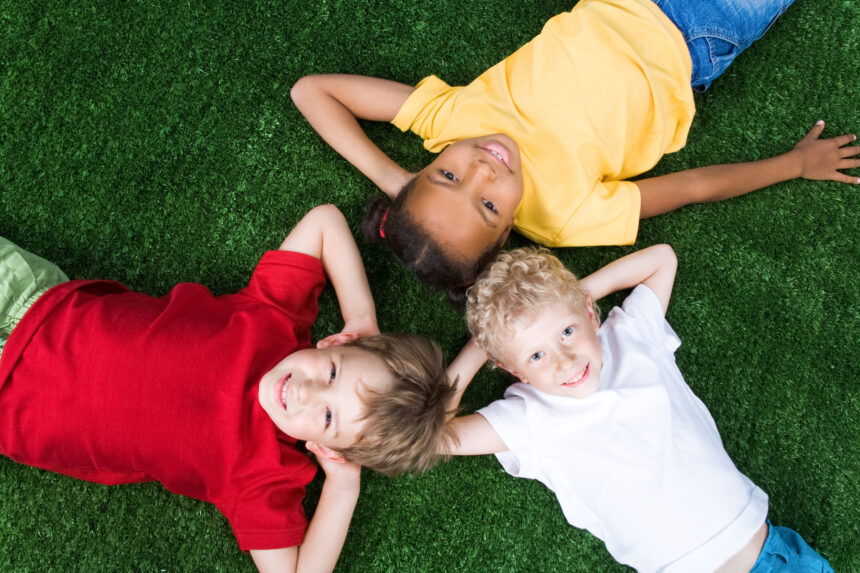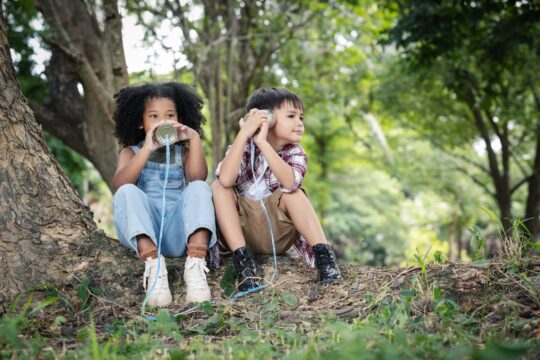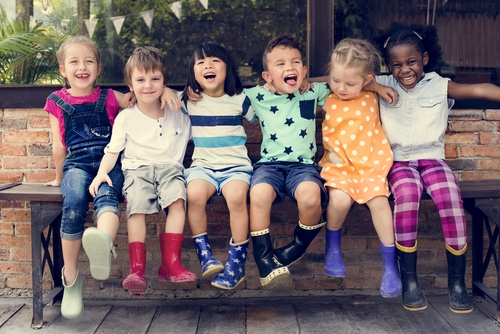The Role of Outdoor Learning in Early Years: Nature’s Classroom

The great outdoors can be a powerful catalyst for children’s growth and development. Nature is a dynamic classroom that offers a wealth of opportunities for learning, exploration, and growth. Outdoor learning not only engages children’s senses but also nurtures a profound connection to the environment.
Benefits of Outdoor Learning:
- Physical Development: Outdoor spaces encourage physical activity, helping children build strong motor skills, coordination, and balance.
- Cognitive Growth: Nature sparks curiosity and encourages children to ask questions, make observations, and seek answers. This fosters critical thinking and problem-solving skills.
- Emotional Well-being: Nature has a calming effect, reducing stress and promoting emotional well-being. Outdoor play enhances mood and reduces anxiety.
- Creativity and Imagination: Natural settings inspire imaginative play. Children turn sticks into magic wands, leaves into currency, and rocks into hidden treasures.
- Social Skills: Group outdoor play promotes collaboration, communication, and teamwork. Children learn to negotiate, share, and resolve conflicts.
- Connection to Nature: Early exposure to nature instills a lifelong appreciation for the environment, fostering a sense of responsibility for its conservation.
Integrating Nature into Learning:
- Exploration Stations: Set up stations for sensory exploration. A mud kitchen, a flower petal art corner, and a rock excavation site are all great options.
- Nature Walks: Take regular nature walks, encouraging children to observe and discuss what they see. Create nature journals to document their findings.
- Gardening Adventures: Involve children in gardening projects. Planting and caring for seeds not only teaches biology but also patience and responsibility.
Safety and Supervision:
- Risk Assessment: Conduct a risk assessment of outdoor spaces to ensure they’re safe for exploration. Identify potential hazards and take steps to mitigate them.
- Supervision: Maintain appropriate supervision during outdoor activities. Encourage responsible exploration while ensuring safety.
Parental Involvement:
- Nature Challenges: Assign outdoor challenges that families can complete together, like finding different types of leaves or spotting birds.
- Nature-Focused Events: Organize outdoor family events, such as picnics, nature scavenger hunts, or gardening workshops.
Seasonal Learning:
- Seasonal Changes: Capitalize on the changing seasons. Explore how plants, animals, and weather shift throughout the year.
- Seasonal Art: Create art projects inspired by the seasons. Collect leaves in autumn, make snow sculptures in winter, and create nature-inspired collages in spring.
By embracing outdoor learning, you’re not just providing an enriching educational experience—you’re nurturing a sense of wonder, fostering a deep bond with the natural world, and empowering children to be curious, capable learners. Keep an eye out for more informative posts as we continue our journey through the landscape of UK early years matters!



Comments are closed.